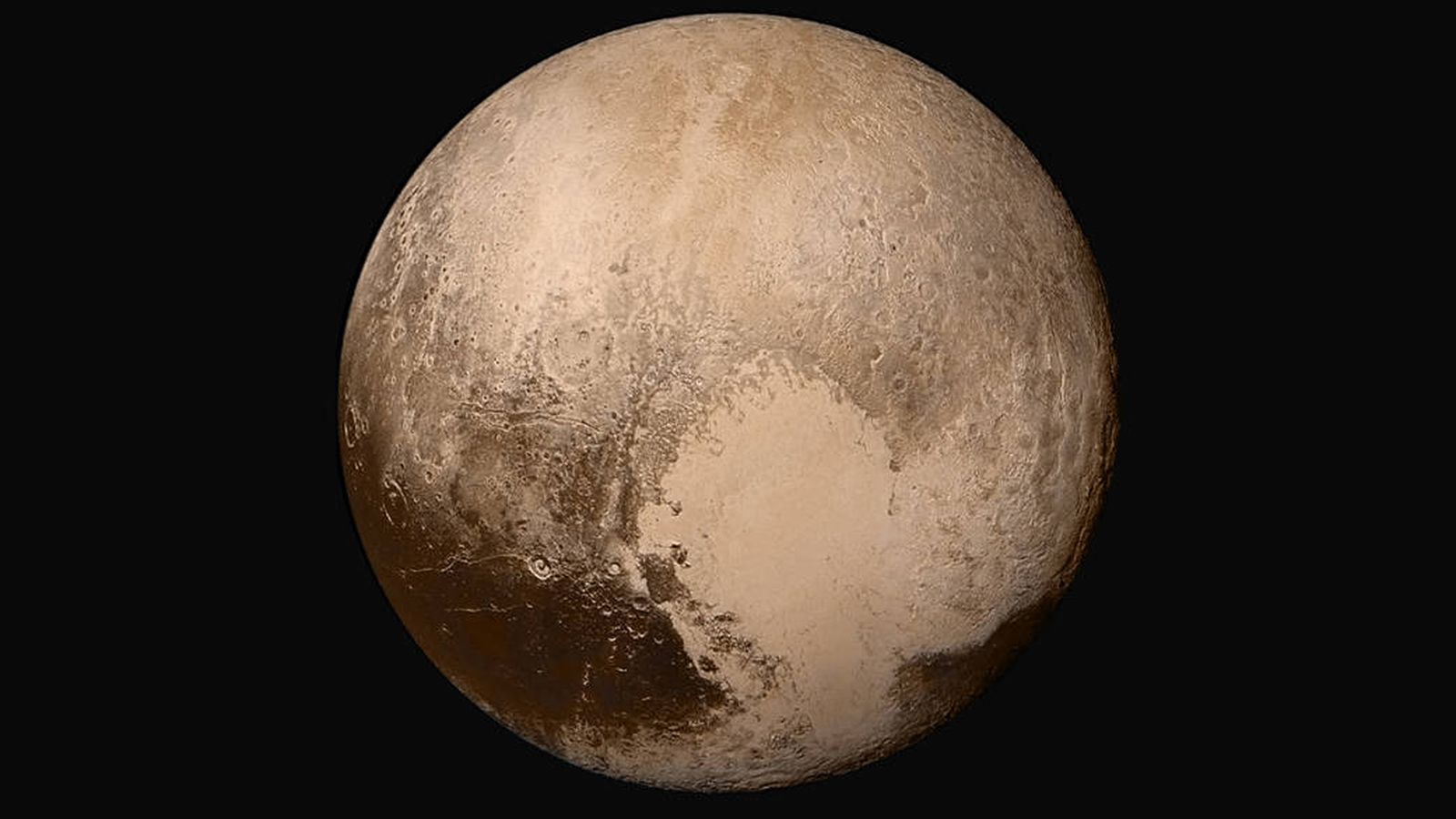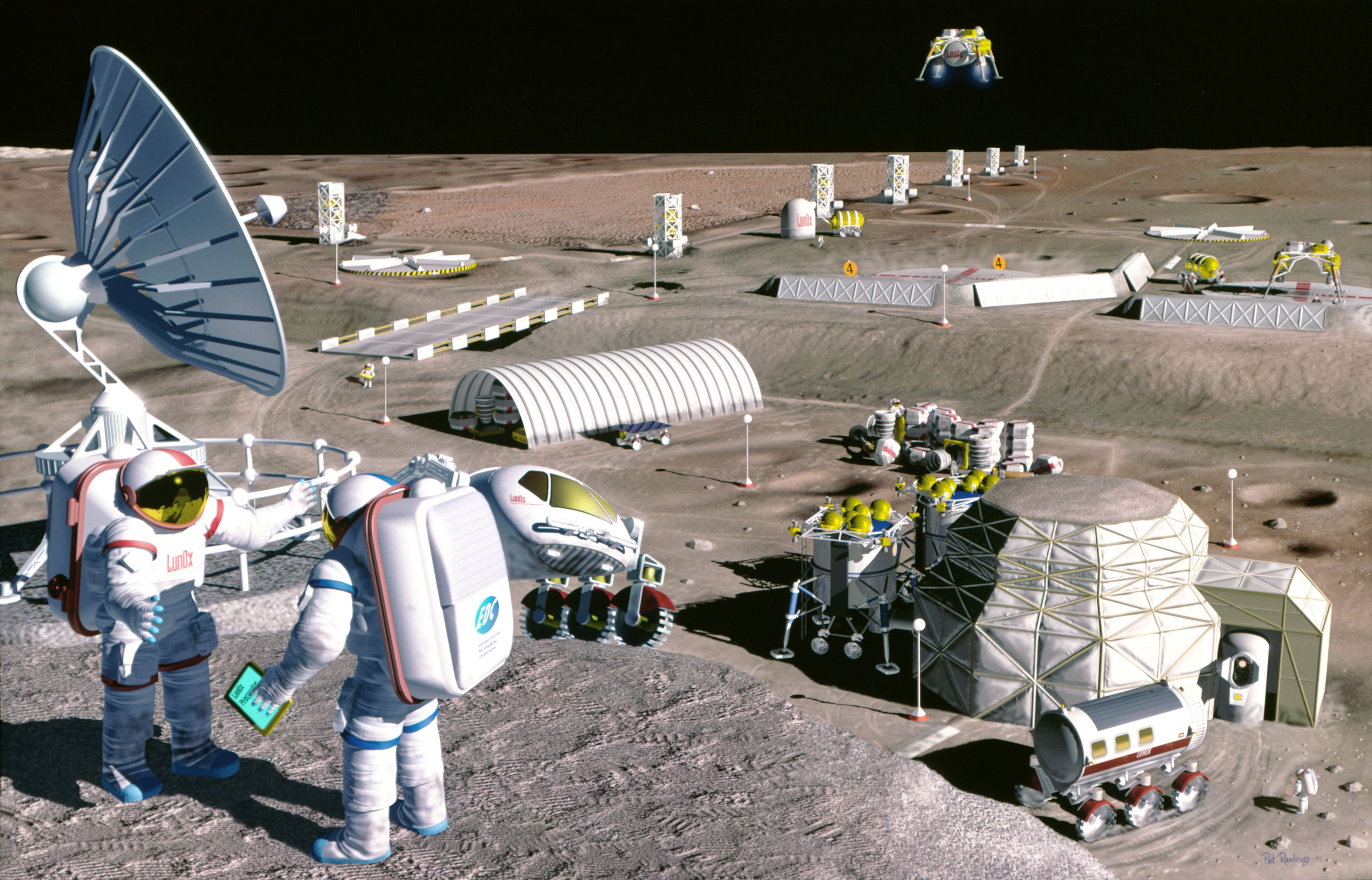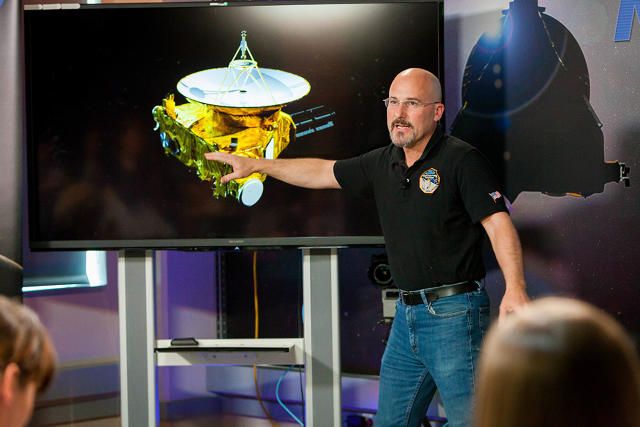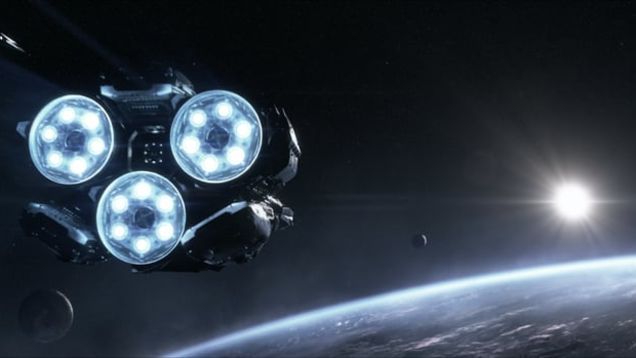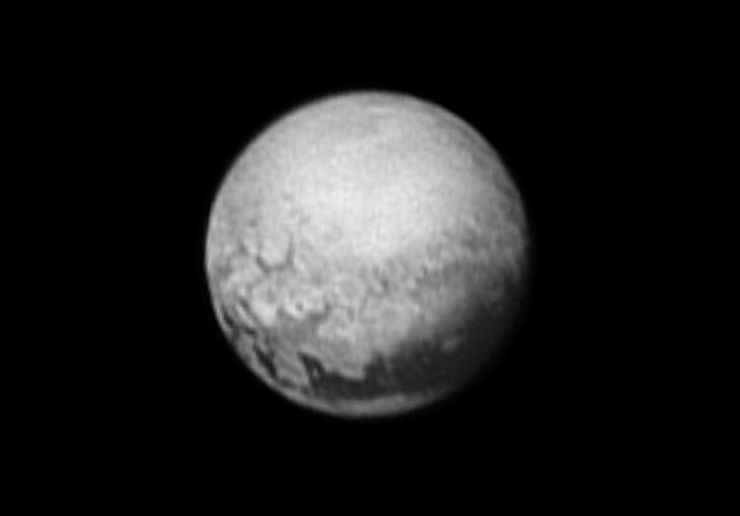Jul 28, 2015
100 Year Starship Announces the Canopus Award for Interstellar Writing
Posted by Jason Batt in categories: futurism, space, space travel
100 Year Starship (100YSS) today announced the establishment of the Canopus Award, an annual writing prize recognizing the finest fiction and non-fiction works that contribute to the excitement, knowledge, and understanding of interstellar space exploration and travel.
100YSS, led by former astronaut, engineer, physician and entrepreneur Dr. Mae Jemison, is an independent, long-term global initiative working to ensure that the capabilities for human interstellar travel, beyond our solar system to another star, exist within the next 100 years.
Continue reading “100 Year Starship Announces the Canopus Award for Interstellar Writing” »


